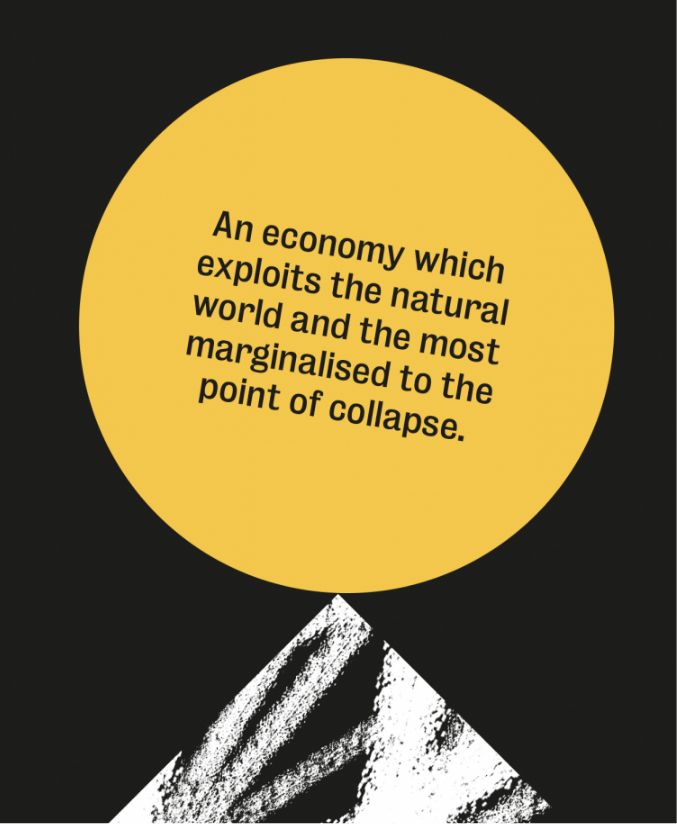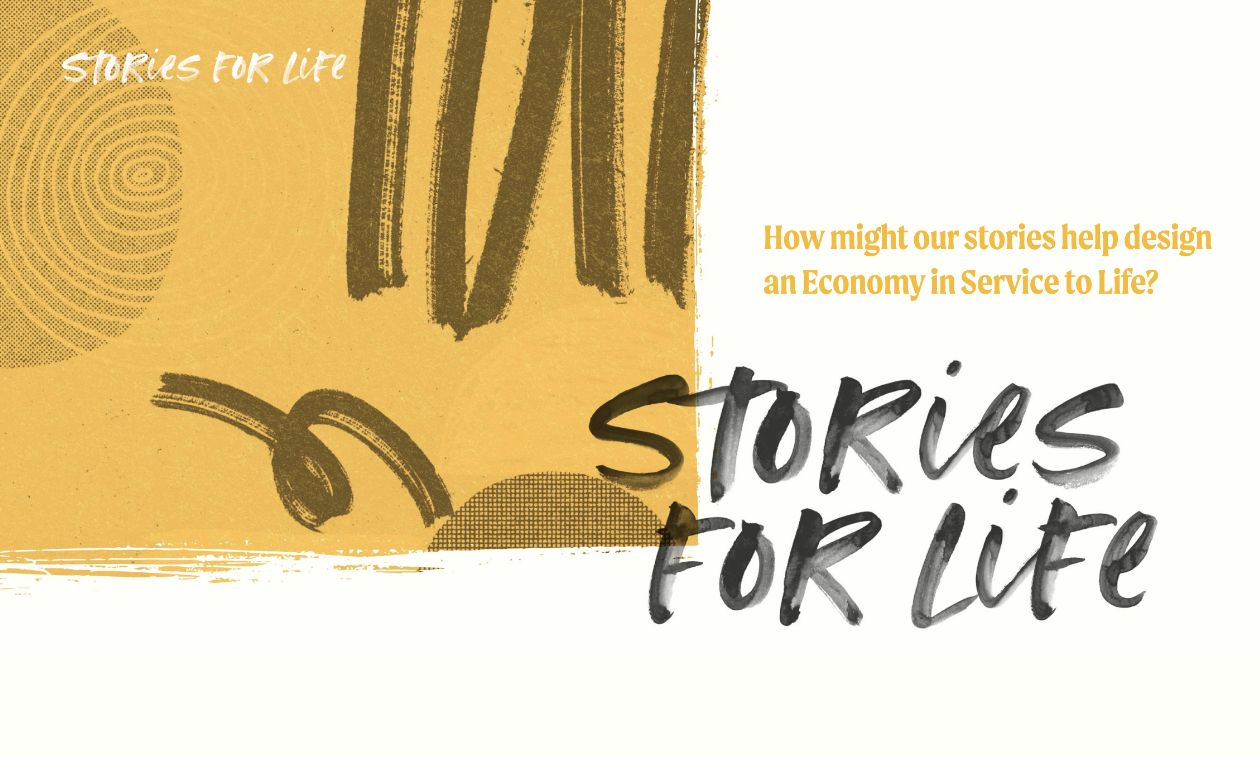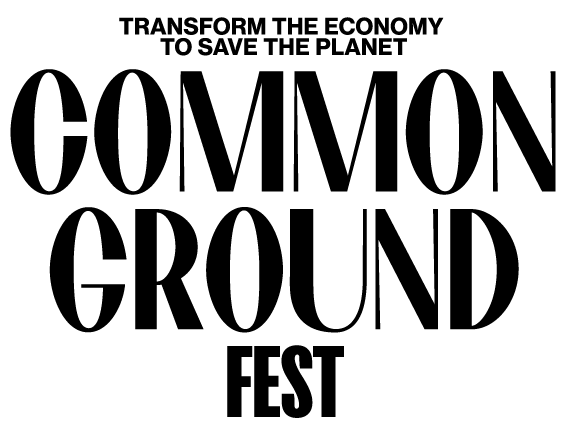Changing
the narrative
WEAll works to shift the narrative beyond criticisms of the current system, towards one that establishes a Wellbeing Economy as a desirable and viable goal, thus inspiring action towards achieving this vision. At present, the current economy is seen as the only kind of economy that we can have. We need imagination to think outside of the current models. We need new stories about what is possible. By changing the narrative, we can make a Wellbeing Economy common sense, the way the neoliberal economy is now.

Stories
for Life
Stories for life was written in 2020, exploring the question – “What are the new stories?”
It is a tool, a guide to help us all connect to a new understanding as we seek to navigate our troubled times. If we are going to salvage what nature we have left and avoid further societal breakdown, we need to radically transform our economy, which means changing that narrative.

New Stories
about the
Purpose of
the Economy
We start with an understanding of what we truly need. We have a lot of solutions and coping mechanisms available today, but they’re mostly answers to the wrong questions. Let’s ask the right question: what do we all need?
Storytelling
is an art
of a different economy:
More tools to help us change the narrative
TERRITORIES OF TRANSITION
Culture Hack Labs has partnered with the Schumacher Center for a New Economics to draw attention to the pluriverse of alternative ways of knowing, being and living with the land.
BROKE
BROKE is an opportunity for each of us to examine the stories we tell about poverty and wealth, and to work together to build new narratives rooted in the wisdom of lived experience, narrative power, organizing for economic justice, and social science. The project was developed by the Center for Public Interest Communications and the Radical Communicators Network.
NEW ECONOMICS ZINE SPECIAL EDITION ON NARRATIVES
This issue takes a look at whether words can change the world – featuring articles from Dora Meade, Paul Hebden, Nadia Hasan, Katharine Hayhoe, Ayesha Baloch, and more.
Old Way New Way
Changing the economy involves fundamental paradigm shifts. This table compares Wellbeing Economy responses to current responses when it comes to some of the major issue areas that decision makers deal with, and that affect all of our lives.
The 4 P's
How do we get to a Wellbeing Economy? The 4 P’s is a framework to help you synthesise the principles and corresponding policy and practice shifts that need to come together, like corners of a jigsaw puzzle, to create a Wellbeing Economy.
The Dialogue Dance
Many terms have been used to refer to economic paradigm shifts beyond GDP. The purpose of this essay is to explore whether and how we can reconcile different concepts into a holistic framework — taking the shared threads from each concept and weaving them into something that allows for collaboration and development, rather than competition and division. It arises from observations by the authors that it can be hard to get a new paradigm up and off the ground when so much time is spent arguing about what to call it.

